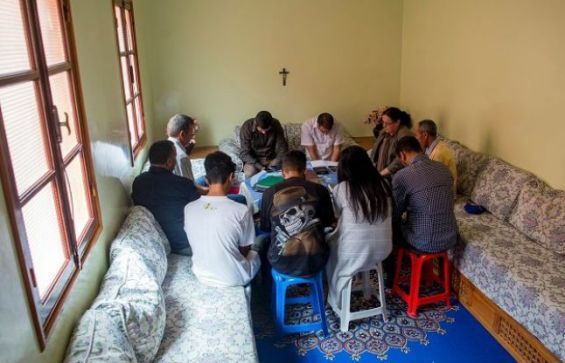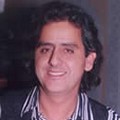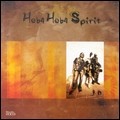Christmas is coming and the festive season is here to stay for more than two weeks. However, for Christian converts in Morocco this period is not necessarily associated with celebration.
Forming a coalition, these nationals are no more asking for King Mohammed VI's green light to freemy celebrate on December 25 in churches and homes, as they have done before in 2015 and 2016. This year Moroccan Christians are doubling their efforts to demand their rights, considering different ways.
In fact, they have sent a message to the Prime Minister and the presidents of both House of Representatives and the House of Councilors, as well as to the President of the CNDH. In their letter, converts want to obtain a range of rights namely having their own cemeteries, using Christian names and also deciding whether their kids should take Islamic religion classes in schools.
Moreover, Moroccan Christians are urging the Interior Ministry to authorize the use of Christian names. A request that has always been refused by the authorities.
Recalling the King’s declarations
Two years ago, Moroccans converted to Christianity have praised King Mohammed VI. And for good reason, in November 2016, the sovereign declared when interviewed by Malagcy media that he was «the commander of all believers, believers of all religions». This statement was delivered during an official visit to Madagascar.
Before the royal statement, a forum on religious minorities in the Islamic world, organized in January 2016 in Marrakech, and attended by the Ministry of Islamic Affairs was also an opportunity to address the situation of Christians in Morocco. The meeting has issued a number of recommendations that insisted on respecting the rights of religious minorities in the Kingdom. For his part, King Mohammed VI was particularly committed to guarantee freedom of worship «to Christians, all communities and churches combined, legally residing in Morocco», as well as «Moroccans of Jewish faith».
Last April, a delegation affiliated to the coalition was received by Mohamed Sebbar, Secretary General of the CNDH. The latter revealed, during a conference in Sale, that his institution planned to submit a list of demands to El Othmani’s government, mainly related to religious minorities in Morocco. The next step will probably be addressed to the government which has not taken a decision regarding the matter.




 chargement...
chargement...












